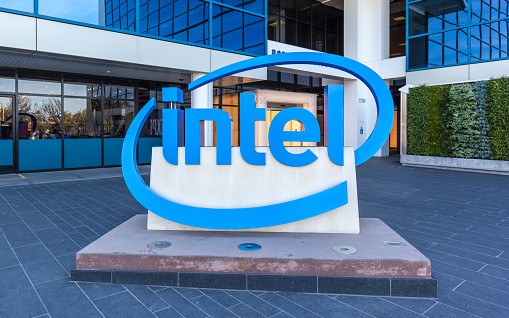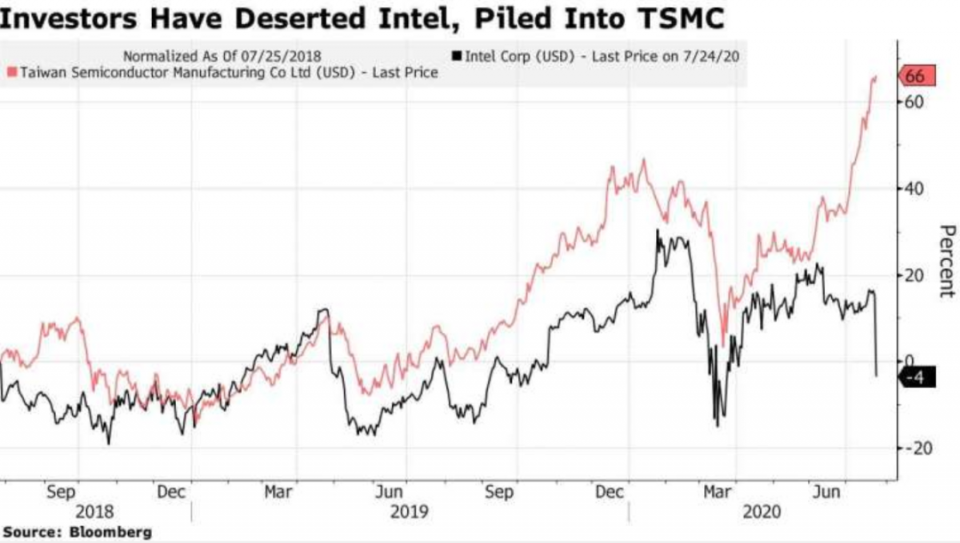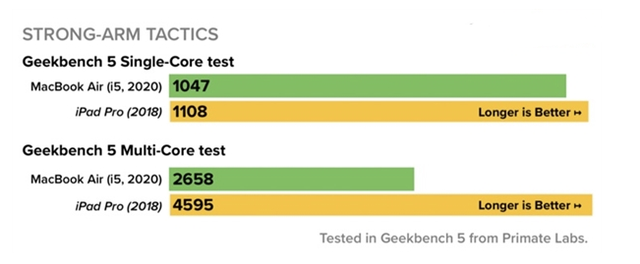
Intel’s next-gen 7nm chips are delayed until at least 2022. Will it outsource?
The share price of the semiconductor chip giant Intel plunged 16%, which is dragging the Nasdaq down. And instead, the competitors of Intel, AMD shares soared by nearly 17%. TSMC rose by 12% after it opened and finally closed at 73.90 US dollars with a market value of 42 billion US dollars. It is the recent relevant events between these advanced semiconductor chip giants that lead to a dramatic situation.

According to the Wall Street Journal report on the 26th, Intel has been studying CPUs with 7nm chip technology for a long while, hoping to apply them in all methods in the future. But the progress of the project has been delayed by about 6 months than planned. Intel said the company is considering outsourcing its manufacturing operations. Experts believe that this action means the end of an era in which Intel and the United States dominate the world’s semiconductor industry. The impact scale of this huge shock far exceeds Silicon Valley.
For half a century, Intel has always been an outstanding representative of the IDM model. No matter the chip design, manufacturing, packaging, testing, or investment in the consumer market, Intel process a relatively complete industrial chain. This is also one of the important reasons why it can always take the lead in the electronic parts industry.
Analysts believe that Intel is likely to choose TSMC as its foundry because its 7nm process started mass production as early as 2018. So it has an advantage in the 7nm process node and it almost monopolizes all the orders in the 7nm process field. TSMC has also stated that it expects to launch 5nm process production services in the second quarter of 2020. In terms of process technology and experience, TSMC seems to be a good choice.
However, the business may still be difficult to conduct. There is a competitive relationship with Intel and TSMC’s US customers. They may object to TSMC’s priority processing of Intel’s orders. TSMC may also be unwilling to allocate a large amount of production capacity for it. There is even news that TSMC has no production capacity for Intel to use.
Coincidentally, at the end of last month, Apple announced that its Mac computers will abandon Intel chips and turn to their own chips in the future.

From a technical point of view, the main reason why Apple switched to its own chips was the slowdown in Intel performance. After all, in the fifteen years of cooperation between the two parties, Apple has transformed from its main computer business to a company with strong chip design capabilities. Apple, with its autonomy, is gradually becoming “self-sufficient.”



